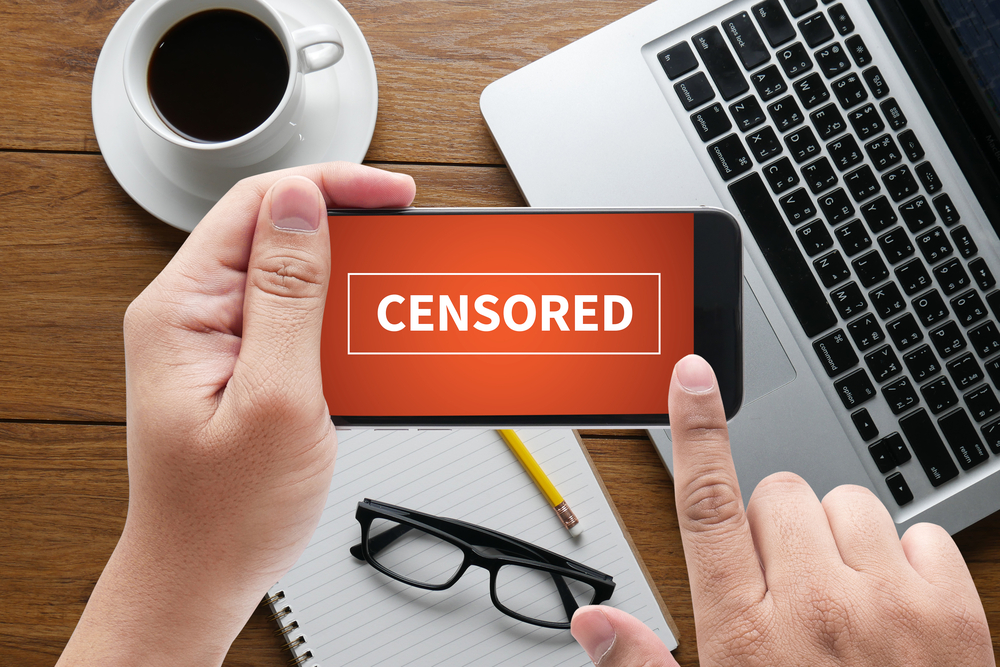One doesn’t need to be an award winning analyst to see that access to better ICT has left an indelible mark on the world. From improving the individual’s quality of life to making everyday functions and activity more convenient and seamless, the list goes on. Yet there is often one overlooked aspect of this technology’s monumental contribution. That is its role in both preserving and fostering democracy and democratic principles across the world. This reality is no different in the post-colonial Caribbean where strong democratic institutions, daily challenged, remain vital to its holistic and healthy development. This is exactly what we’re going to be looking at today.
 Unsurprisingly, once these things begin happening, we may also witness overall declines in the quality of life for the average individual. Yet at the same time, it is imperative to understand that the relative freedom of the internet may also present new opportunities for crime and terror. It is in such an atmosphere that the contemporary Caribbean finds itself where on one hand, new policies and laws are being doled out aimed at tackling criminal activity behind the screen of a computer while on the other, we find ourselves cautiously skirting potentially exploitable and draconian restrictions of freedom.
Unsurprisingly, once these things begin happening, we may also witness overall declines in the quality of life for the average individual. Yet at the same time, it is imperative to understand that the relative freedom of the internet may also present new opportunities for crime and terror. It is in such an atmosphere that the contemporary Caribbean finds itself where on one hand, new policies and laws are being doled out aimed at tackling criminal activity behind the screen of a computer while on the other, we find ourselves cautiously skirting potentially exploitable and draconian restrictions of freedom.
On the global scale we see nations like Turkey and Venezuela right here in Latin America experiencing more rigid state control of media. For a variety of political and ideological reasons the rest of the world has witnessed the repression and sometimes outright silencing of outlets. Yet, a pattern has emerged wherein social media tends to be the first target by censors. The reason for this isn’t complex at all. The internet can now be accessed from practically anywhere via numerous means. This has allowed people to quickly disseminate information, express their discontent and rapidly organize activist gatherings on the fly with a potentially global audience to boot. Thus, it’s now a common sight to see the mainstream media ‘late to the game’ wherein many news reports cover the onset and repercussions of viral online posts and other activity.
However, contrary to what one may think, censorship of this ability to instantaneously ‘blow the whistle’ on corrupt or illicit activity doesn’t always occur with outright bans or a heavy handed police state approach. In fact, the curbing of free speech and expression online is far often done via seemingly ubiquitous and well-intended policies and legislation which may claim to target anything from terrorism to corruption , cyber-crime and even bad behavior such as hate speech. For example, this is the case in both the aforementioned nations of Venezuela and Turkey. Rather than outright ban sites or restrict access, individuals posting content critical of the incumbent regime’s activity or exposing corruption and human rights abuses may quickly find themselves on trial for offenses such as hate speech and terrorism.

Exiled journalists and writers have been airing these realities with growing alarm as it tends to occur most prominently nearing elections. Indeed, during Venezuela’s recent presidential elections it wasn’t uncommon to hear of popular online opposition voices being targeted as proponents of hate crimes. In fact, the state even ordered its overseas embassies to have local law enforcement round up vocal nationals in exile as well. To add insult to injury, state elements even put out newspaper ads calling such persons traitors deserving of the worst punishments while voters on Election Day were promised added state benefits where they to show their party card after voting according to an AP report.
In the case of Turkey, opponents of its military campaigns in Northern Syria and those opposed to the state’s increasingly theocratic nature and general erosion of the Separation of Powers tend to also find themselves on trial and in prison for hate crimes. Indeed, according to Reporters Without Borders, out of 180 ranked nations, both Turkey and Venezuela stand at rank 157 and 143 respectively. This when compared to standing at 153 and 117 respectively just 5 years prior in 2013.
Yet it must be noted that this is not always a fixed sign of a nation’s decline. It would be dishonest to point out that though boasting its ‘Great Firewall’ and a comprehensive cyber policing apparatus, China still continues to experience monumental development and quality of life improvements for its citizenry. Indeed, threats to internet and by extension democratic freedom may not always come about as a direct result of coercive state power described above.
In fact, as an example; the Reporters Without Borders rankings saw Jamaica ascend to a praiseworthy 6th place position out of 180 countries in 2018. This marked an improvement by 2 places from 2017. In contrast, Trinidad and Tobago’s position dipped from 34 to 39 over the same period. The reasons cited were its controversial Cybercrime Bill which could potentially be used to stifle and prosecute whistleblowers as well as journalists. More worryingly, the report claims that though most media outlets are privately owned, those seen as ‘more favourable’ to the state tend to get the bulk of state sponsored advertising, which unsurprisingly constitutes a considerable portion of their revenue.
Beyond the Cybercrime Bill, Trinidad and Tobago’s TATT (Telecommunications Authority of TT) have also indicated a desire to both ban the importation of android boxes and have local ISP’s censor select sites used for streaming. On paper these proposals may seem sound but they also threaten to both set worrying precedents as well as potentially open up avenues for more draconian restrictions in the near future. In our next piece, we’ll continue looking at the ways in which ICT has both served as a pillar of support for democracy and a tool for human rights and individual empowerment.



















